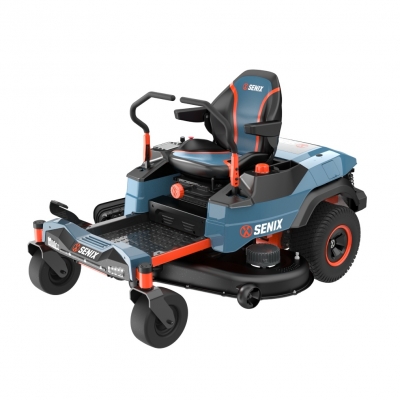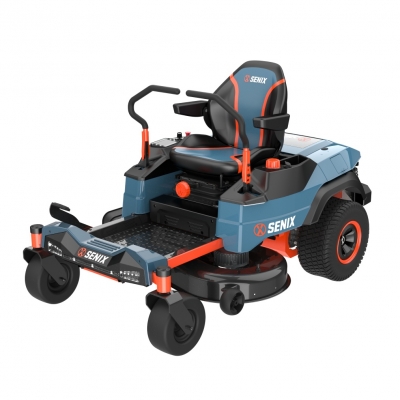Safety Tips for Using Outdoor Power Equipment in Garden
Gardening often involves the use of various outdoor power tools such as lawn mowers, leaf blowers, trimmers, and chainsaws. These tools make garden maintenance more efficient and less physically demanding. However, improper use or neglecting safety precautions can lead to serious injuries or damage. Prioritizing safety when operating outdoor power equipment not only protects the user but also ensures the longevity and effectiveness of the tools.
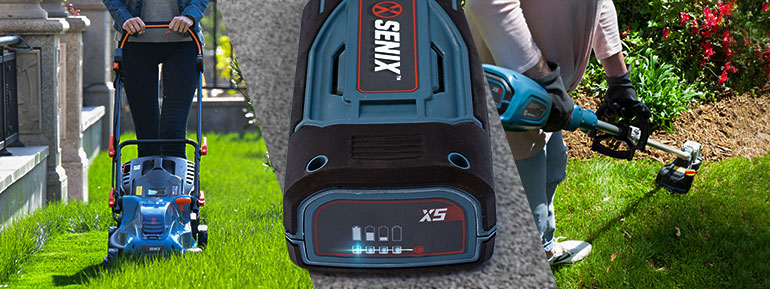
Read the Manufacturer's Manual
Every power tool comes with a user manual filled with critical safety instructions and operational tips. Familiarizing yourself with this information helps prevent misuse. Manuals often contain maintenance schedules, warnings, and advice specific to the model you own.
Wear Appropriate Personal Protective Equipment
Protective gear is a must. Safety glasses shield eyes from flying debris, while ear protection reduces the risk of hearing damage caused by loud equipment. Gloves provide better grip and hand protection, and sturdy footwear, preferably steel-toed boots, guards against heavy objects or sharp blades.
Inspect Equipment Before Use
Checking for damage or wear before every use is crucial. Loose parts, dull blades, frayed cords, or fuel leaks increase the risk of accidents. Ensuring that all safety guards and shields are properly installed prevents exposure to moving parts.
Maintain a Clear Work Area
Clearing the garden of stones, sticks, and other debris minimizes the chance of projectiles being thrown by tools like lawn mowers or trimmers. Also, ensure pets and children are kept away from the work zone to avoid accidental injuries.
Use Proper Handling Techniques
Power equipment should always be operated with two hands, when applicable, for better control. Avoid overreaching or working on unstable surfaces, which can lead to slips or falls. Keeping your body balanced and maintaining firm footing reduces the risk of losing control.
Fueling and Battery Safety
For gas-powered tools, refuel outdoors and only when the engine is off and cool. Avoid spilling fuel and store it safely. Battery-powered tools should be charged according to the manufacturer's instructions, using the correct charger to prevent overheating or battery damage.
Turn Off Equipment Before Adjusting or Cleaning
Always switch off and unplug or remove the battery before making any adjustments or clearing jams. This precaution avoids accidental start-ups that can cause severe injuries.
Avoid Using Power Tools in Poor Weather Conditions
Rain, wet grass, or slippery surfaces increase the risk of electrical shock and loss of footing. Postpone garden work involving power equipment during or immediately after adverse weather.
Store Equipment Safely After Use
Cleaning the equipment and storing it in a dry, secure place prolongs its life and prevents accidents. Tools left lying around can cause trips or falls.
Stay Focused and Avoid Fatigue
Operating power equipment requires full attention. Distractions and tiredness increase the likelihood of mistakes. Taking regular breaks during prolonged use helps maintain concentration.
Gardening with outdoor power equipment offers convenience but also demands respect for safety rules. Following these practical tips ensures a safer environment for you and those around you while keeping your garden tools in top condition. Proper preparation and caution transform potentially hazardous tasks into enjoyable and productive gardening sessions.

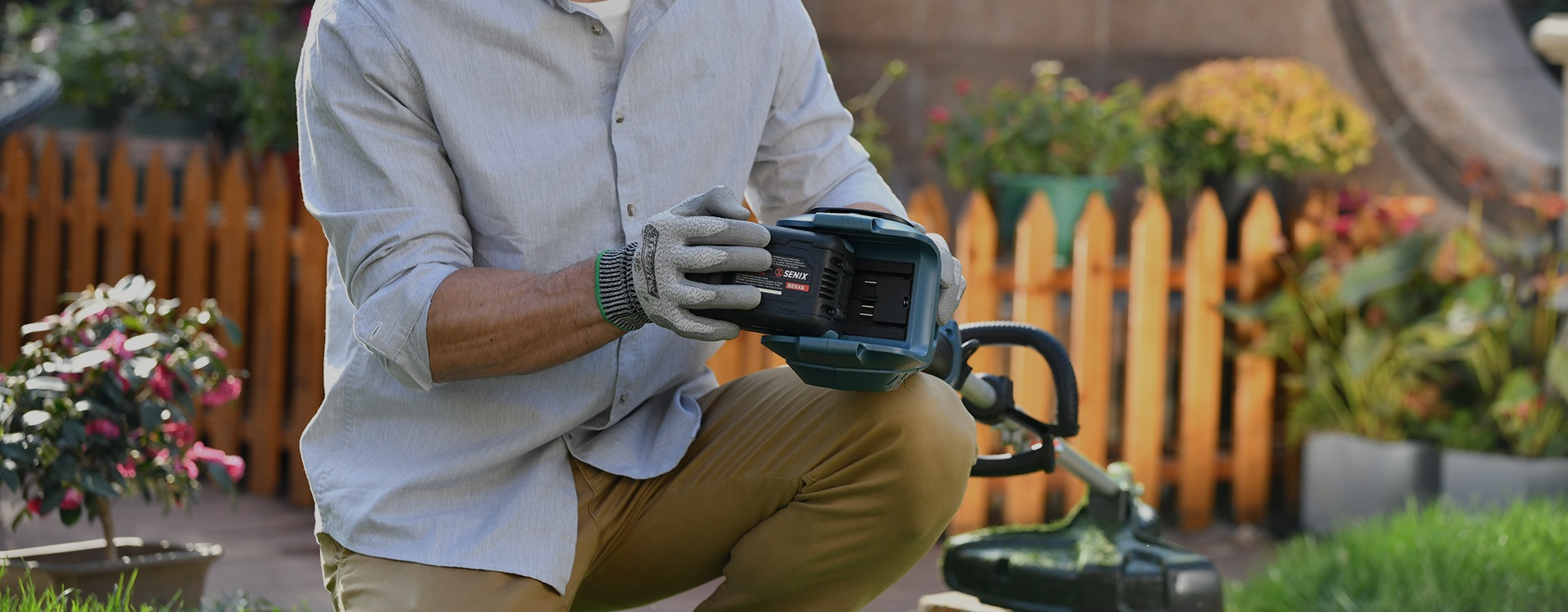
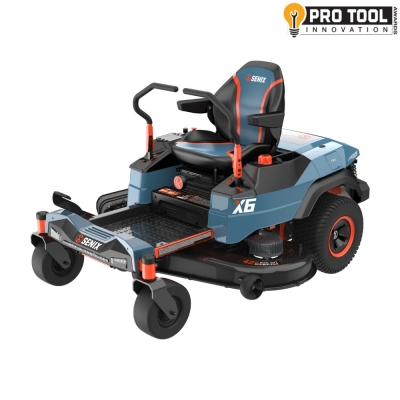
 (5.0)
(5.0)